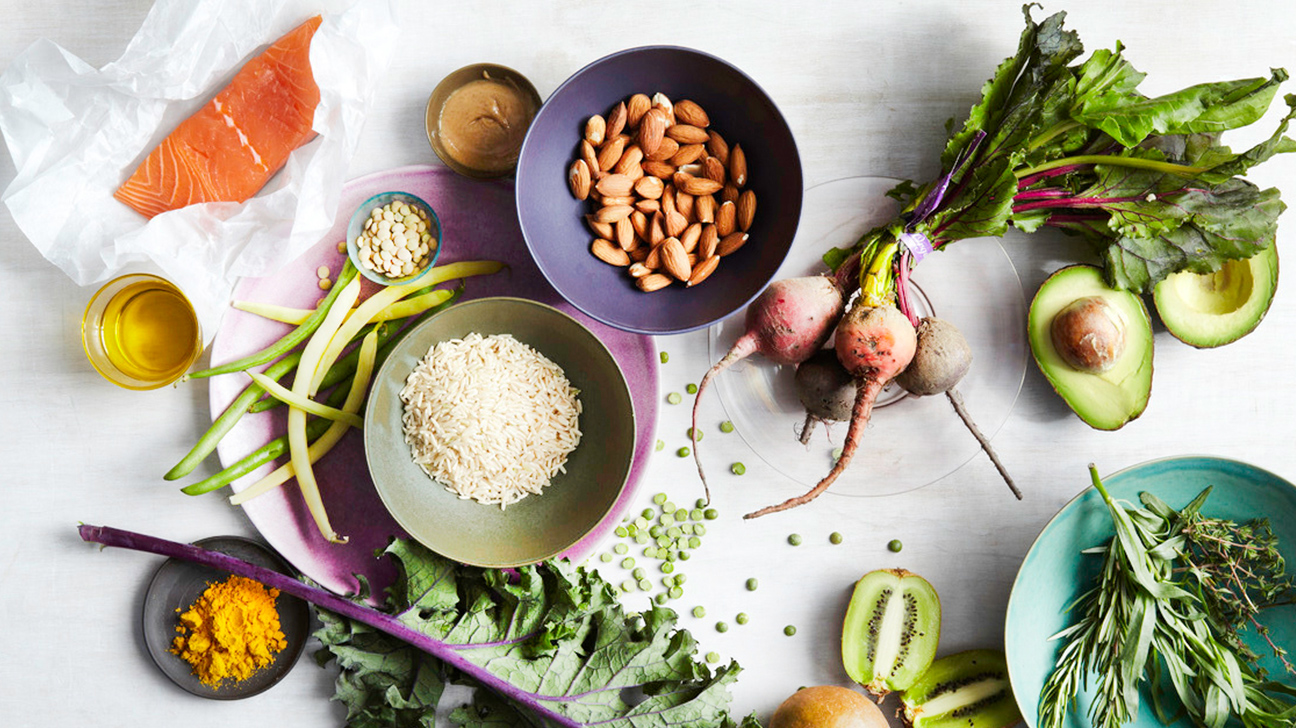The Hidden Reality of “Healthy” Labels: Sugar Surprises and Organic vs. Natural Confusion
 Source: https://www.healthline.com/nutrition/50-super-healthy-foods#fruit
Source: https://www.healthline.com/nutrition/50-super-healthy-foods#fruit
In an age where health-conscious individuals actively seek products labeled as “Healthy Food,” a concerning revelation has cast doubt on these seemingly virtuous choices. Dennis Guido, a Food Technologist and prominent content creator, conducted a TikTok experiment that sparked skepticism regarding the accuracy of nutritional claims on various packaged food and beverage items. As Dennis examined laboratory results, it became clear that proclaimed health benefits often differed significantly from the actual nutritional content, leading consumers to question the integrity of the food industry. Beyond merely exposing deceptive practices, Dennis’s findings triggered a broader conversation about the prevalence of hidden sugars in products posing as healthy alternatives.
In a society increasingly mindful of healthy living, the pursuit of foods labeled as “healthy” has become a common goal. Among the multitude of health-oriented labels, “organic” and “natural” stand out as the most trusted by consumers. However, the meanings behind these terms often create confusion, as highlighted in a 2014 Consumer Reports survey. This confusion lays the groundwork for a more detailed examination of the distinctions between “natural” and “organic” foods.
Both “organic” and “natural” labels assert freedom from artificial ingredients, yet the “natural” label has a narrower scope. While it guarantees the use of natural ingredients, it overlooks the breeding or cultivation processes of primary components. For example, a bottle of tomato sauce labeled “made from natural ingredients” assures the use of real tomatoes but leaves uncertainty about whether these tomatoes are entirely free from synthetic fertilizers or pesticides.
In contrast, the “organic” label emphasizes the production process, guaranteeing a conventional method without pesticides or genetic engineering. Commonly associated with products like meat, poultry, eggs, and dairy, the “organic” label indicates processes free from chemicals such as antibiotics or synthetic hormones. Certified organic labels from standardization bodies like the European Union (EU), the National Organic Program United States Department of Agriculture (NOP USDA), Japanese Agricultural Standards (JAS), and others simplify the identification of organic foods.
The crux of the matter lies in the necessity for consumers to exercise heightened discernment when encountering food labeled as “healthy.” The article explores the importance of scrutinizing nutritional information, underscoring the role of informed decision-making in safeguarding individual health. Furthermore, it delves into consumers’ responsibility to influence industry practices by demanding transparency and accuracy in food labeling. By shedding light on this issue, the article aims to empower readers to make informed choices, fostering a culture of accountability within the food industry and ensuring that health claims align with nutritional realities.
At times, what appears healthy may not be the case. Products like yogurts with fruit flavors, canned fruits, salad dressings, dried fruits, and granola have surprisingly high sugar levels despite their health-conscious image. This revelation has not only caused a sense of betrayal among consumers but has also raised concerns about the potential health implications of unknowingly consuming excessive sugars.
This serves as a wake-up call for consumers to navigate the complex food marketing landscape with a discerning eye. By unraveling the deceptive allure of “healthy” labels, individuals can regain control over their dietary choices and contribute to a broader conversation about the necessity for transparency and honesty in the food industry.
References:
Guido, D. [@naktekpang]. (2023, November 23). maapin yaa data2nya terlalu jujur, menurut kalian gimana? 🙏 #foodtech #serunyabelajar [Video]. TikTok. https://www.tiktok.com/@naktekpang/video/7304589957715299589?lang=id-ID
Superadmin. (2018, January 11). Menelisik Makna Makanan Berlabel Organik dan natural. Direktorat Promosi Kesehatan Kementerian Kesehatan RI. https://promkes.kemkes.go.id/content/?p=8438
Tim. (2020, December 26). 8 makanan “Sehat” Yang Sebenarnya Tak Sehat. Gaya Hidup. https://www.cnnindonesia.com/gaya-hidup/20201226135136-262-586466/8-makanan-sehat-yang-sebenarnya-tak-sehat

